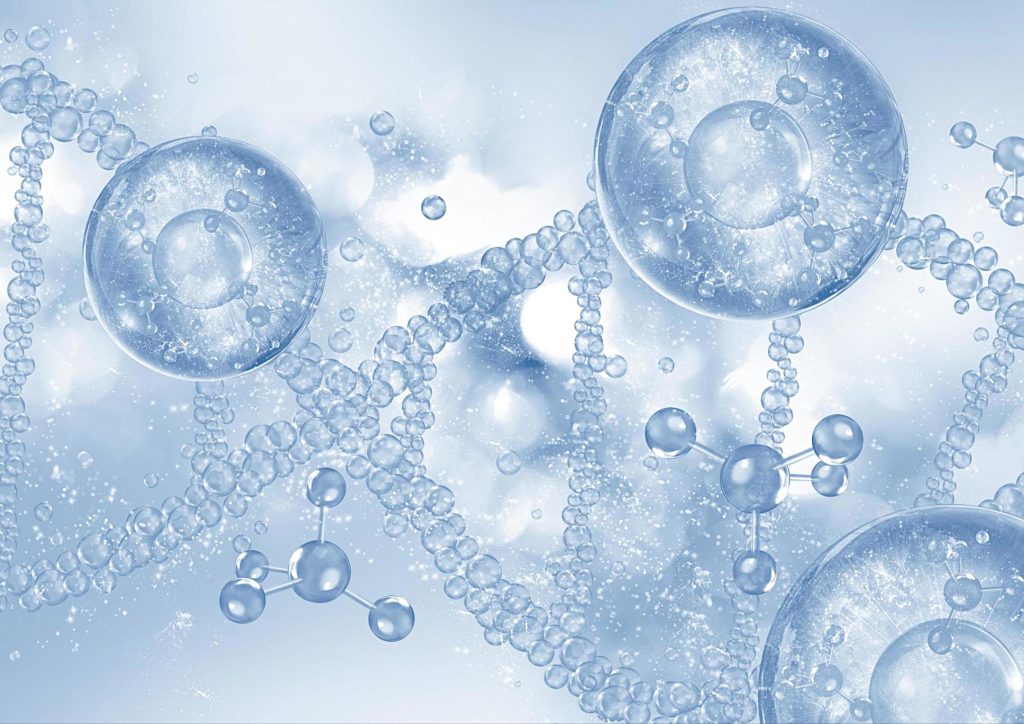Collagen stands out as a pivotal protein, crucially forming the backbone of various tissues including skin, bones, tendons, cartilage, and blood vessels. However, its production diminishes with age, paving the way for signs of aging like wrinkles, reduced skin firmness, and joint issues. While this decline is unavoidable, adopting a nutritious diet or suitable supplementation can decelerate the process.

Existing as a multi-faceted family of proteins, collagen appears in numerous forms within our bodies. Amongst the 28 identified types, Types I, II, and III predominate. Each type plays a distinct role—Type I offers tensile strength in various tissues, Type II is vital for cartilage and joint health, and Type III, found alongside Type I, is pivotal for skin, tendons, and internal organ tissues. Other forms, like Type IV and VII, also perform specific functions such as safeguarding muscles and preserving skin structure.
Collagen is a linchpin in maintaining skin elasticity, ensuring joint functionality, and preserving bone strength, amongst other health aspects. From acting as a skin scaffold to facilitating cartilage protection for joints, collagen’s deficiency can usher in issues like poor joint health and osteoarthritis. Moreover, its significant presence in bone tissue is vital for bone density and strength, while its role in providing amino acids is crucial for keratin formation in hair and nails. In terms of vascular health, collagen maintains the structure and elasticity of blood vessel walls.
The decrease in collagen synthesis begins typically around 25 years of age and sees a more pronounced decline in women post-menopause, courtesy of dropping estrogen levels. This decrease is expedited by factors like sun exposure, stress, smoking, and unhealthy dietary habits, affecting skin, joints, and various bodily functions.
The waning production of collagen manifests in several ways, including wrinkling and reduced firmness of skin, weakened joints, bone frailty, and potential digestive issues. However, a proactive approach towards lifestyle changes—like a protein-rich diet, vitamin C intake, collagen supplementation, sun protection, smoking avoidance, regular exercise, adequate sleep, and stress management—can offset some of these impacts. Moreover, cosmetic procedures, such as microneedling and laser therapy, can also stimulate collagen production.
Various collagen supplements, differing in form, collagen source, and additional ingredients, are available to mitigate collagen deficiencies. Options include:
Typically, supplements derive collagen from:
It’s advisable to consult healthcare professionals before initiating supplementation to ensure optimal type and form selection, and to avoid potential allergic reactions, especially if you have known allergies to collagen sources like fish, beef, or chicken.
While collagen supplements are largely deemed safe, some individuals may encounter side effects like digestive issues or allergic reactions. Therefore, mindful usage and adherence to recommended dosages are key to avoiding rare but potential issues, such as kidney complications or liver stress, particularly when consuming supplements in excessive quantities.
While we gracefully accept the natural aging process, let’s also embrace the available tools to make the journey smoother and more vibrant. Our collection of collagen products, each a beacon of quality and efficacy, invites you to step into a world where youthfulness dances hand in hand with aging, where every mirror reflects not just you, but a version radiating with the inner vitality of abundant collagen.
Step into our online store and step into a world where every product is a promise of purity, quality, and a celebration of your unparalleled beauty, inside and out.
Embark on Your Collagen Journey with Us Today.

